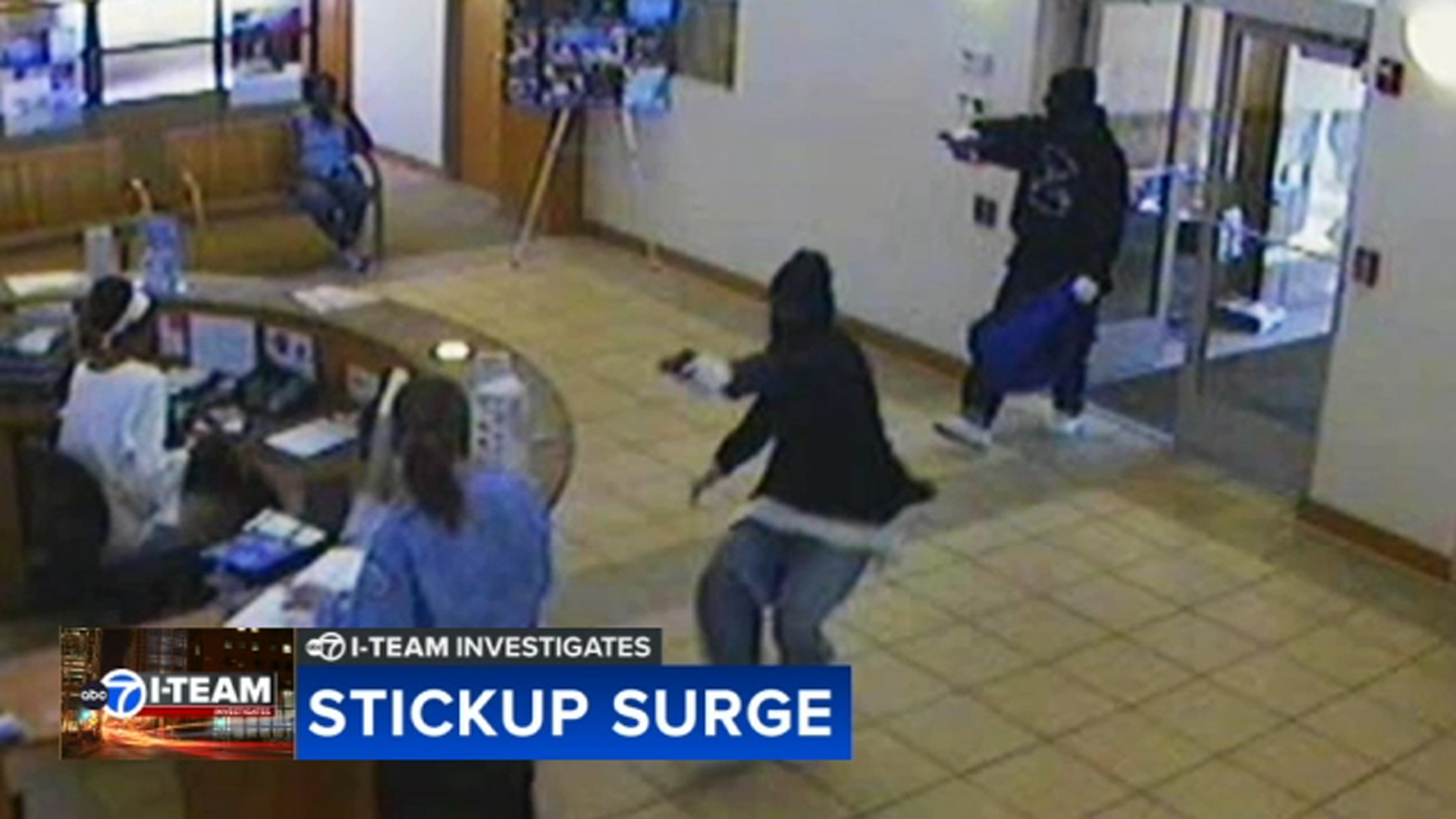Rare respiratory virus becoming widespread in Chicago area

CHICAGO (WLS) -- A respiratory virus spreading quickly in the United States is especially dangerous for children and there is suspected cases of "enterovirus-68" in the Chicago area.
Doctors at Comer Children's Hospital say they chose to test for the virus after so many children came in with similar symptoms. Eleven cases have been confirmed, but they say they suspect they have treated more than that.
During the past three to four weeks, Comer Children's Hospital has seen an uptick of kids coming in with the common cold, but with some symptoms that were cause for concern, like wheezing and trouble breathing.
"What's unusual here is that we're seeing a larger percentage of kids who come in looking like asthma, but they don't have asthma," said Dr. Daniel Johnson.
Those are indications that they are affected by enterovirus-68, a rare respiratory virus that is more widespread this year than in previous years.
Children with asthma are especially susceptible, like 9-year-old Emani Torres.
Her parents took her to the hospital after her at home asthma treatment was not working.
"Right when I do my asthma treatment, it works right away. But it wasn't working this time," said Emani said.
Authorities have confirmed 11 cases of enterovirus in Chicago and dozens across the Midwest, but because testing takes time, the number may be higher.
"We, the Chicago Department of Public Health, is working on getting those tests down to the CDC and to collect clinical information so we can learn more about entrovirus 68," said Dr. Stephanie Black.
The virus is spread like a cold and doctors say they best way to avoid it is prevention.
"Enterovirus is quite contagious but easy to manage," Dr. Johnson said. "Wash your hands. If there's nothing else you hear today, wash your hands."
There is no vaccine against the virus. It takes three to five days for it to run its course.




